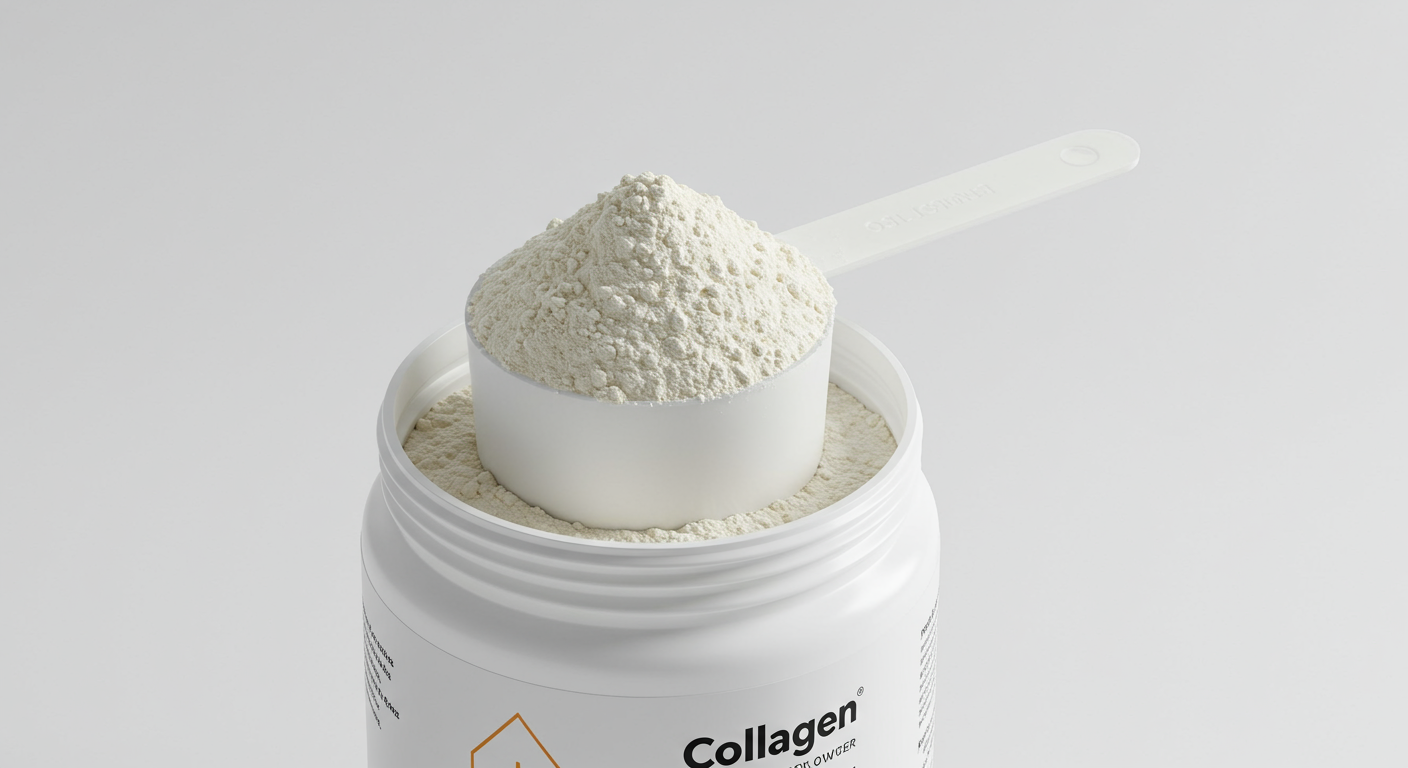Now Reading: Magnesium Glycinate: Unlocking the Power of Calm and Restful Sleep
- 01
Magnesium Glycinate: Unlocking the Power of Calm and Restful Sleep
Magnesium Glycinate: Unlocking the Power of Calm and Restful Sleep

What is Magnesium Glycinate?
Magnesium glycinate, also known as magnesium bisglycinate, is a chelated form of magnesium. This means that magnesium is bound to the amino acid glycine. This bond enhances magnesium’s bioavailability, making it easier for the body to absorb and utilize compared to other forms like magnesium oxide or magnesium citrate. Glycine itself is a neurotransmitter known for its calming and relaxing properties, which further enhances the benefits of this particular form of magnesium.
Unlike other forms of magnesium that may cause digestive upset, magnesium glycinate is generally well-tolerated, even at higher doses. This makes it a popular choice for individuals seeking to improve their magnesium levels without experiencing unpleasant side effects.
Magnesium is an essential mineral involved in hundreds of biochemical reactions in the body. It plays a crucial role in muscle function, nerve function, blood sugar control, blood pressure regulation, and bone health. Unfortunately, many people are deficient in magnesium due to factors such as poor diet, stress, and certain medical conditions.
The Key Benefits of Magnesium Glycinate
1. Improved Sleep Quality: Magnesium glycinate is well-known for its ability to promote relaxation and improve sleep quality. Glycine, the amino acid bound to magnesium, acts as a neurotransmitter that helps calm the brain and reduce anxiety. This can lead to a more restful and uninterrupted sleep. Studies have shown that magnesium supplementation can increase sleep time, improve sleep efficiency, and reduce the time it takes to fall asleep.
2. Reduced Anxiety and Stress: Magnesium plays a critical role in regulating the body’s stress response system. It helps to modulate the release of stress hormones like cortisol. By increasing magnesium levels, magnesium glycinate can help to reduce anxiety, promote a sense of calm, and improve overall mood.
3. Enhanced Muscle Function and Recovery: Magnesium is essential for muscle contraction and relaxation. A deficiency in magnesium can lead to muscle cramps, spasms, and fatigue. Supplementing with magnesium glycinate can help to improve muscle function, reduce muscle soreness after exercise, and promote faster recovery.
4. Improved Bone Health: Magnesium is a key component of bone tissue and plays a vital role in bone formation and maintenance. Adequate magnesium intake is essential for preventing osteoporosis and maintaining strong, healthy bones.
5. Blood Sugar Regulation: Magnesium helps regulate insulin sensitivity and glucose metabolism. Studies have shown that magnesium supplementation can improve blood sugar control in individuals with type 2 diabetes.
Dosage and Potential Side Effects
The recommended dosage of magnesium glycinate varies depending on individual needs and health conditions. A typical daily dose ranges from 200 to 400 mg, taken in divided doses. It’s always best to consult with a healthcare professional to determine the appropriate dosage for you.
Magnesium glycinate is generally well-tolerated, but some people may experience mild side effects, such as diarrhea, nausea, or stomach cramps, especially at higher doses. These side effects are less common with magnesium glycinate compared to other forms of magnesium, such as magnesium oxide.
It’s important to note that magnesium can interact with certain medications, such as antibiotics and diuretics. If you are taking any medications, it’s essential to talk to your doctor before starting magnesium glycinate supplementation.
No products found.
Who Should Consider Taking Magnesium Glycinate?
Magnesium glycinate can be beneficial for a wide range of individuals, including:
- People with sleep problems, such as insomnia or restless legs syndrome
- Individuals experiencing anxiety or stress
- Athletes and active individuals seeking to improve muscle function and recovery
- People with magnesium deficiency due to poor diet, stress, or certain medical conditions
- Individuals with type 2 diabetes or insulin resistance
- Older adults at risk of bone loss and osteoporosis
However, it’s crucial to remember that magnesium glycinate is not a substitute for a healthy diet and lifestyle. It’s best to focus on obtaining magnesium from food sources whenever possible, such as leafy green vegetables, nuts, seeds, and whole grains. Supplementation should be considered as a complementary approach to address specific needs or deficiencies.
Choosing the Right Magnesium Glycinate Supplement
When choosing a magnesium glycinate supplement, it’s important to look for:
- High-quality ingredients: Choose a supplement from a reputable brand that uses high-quality magnesium glycinate.
- Third-party testing: Look for supplements that have been third-party tested for purity and potency. This ensures that the product contains what it claims to contain and is free from contaminants.
- Chelated form: Ensure the label clearly states that the magnesium is in the ‘glycinate’ or ‘bisglycinate’ form.
- Dosage: Check the dosage per serving and choose a supplement that aligns with your needs.
- Additives: Opt for supplements with minimal additives, fillers, and artificial ingredients.
Reading reviews and comparing different brands can also help you make an informed decision. Consulting with a healthcare professional or registered dietitian can provide personalized recommendations based on your individual health status and needs.
Disclaimer: This information is for educational purposes only and should not be considered medical advice. Always consult with a healthcare professional before starting any new supplement or making changes to your treatment plan.
No products found.















